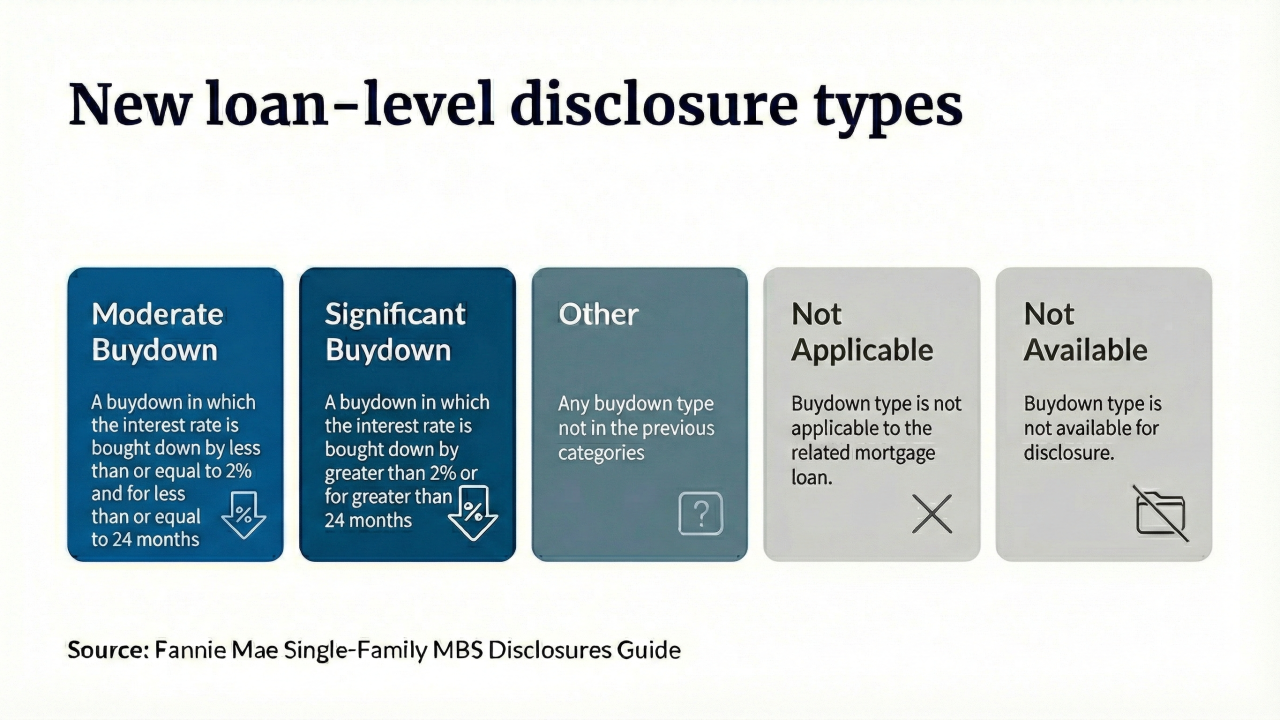Canadian financial services technology developer Davis and Henderson closed its $1.2 billion acquisition of Lake Mary, Fla.-based Harland Financial Solutions on Friday.
The
“We look forward to using our complementary technologies and expanded capabilities to meet the broader needs of our combined client base," D+H CEO Gerrard Schmid said in an Aug. 16 press release.
The deal brings together two companies whose histories each date back more than 130 years. Both D+H and Harland Clarke, the former parent company of HFS, got their starts in the check printing business.
Harland Financial Solutions is the fourth largest provider of core banking systems in the U.S. It also sells myriad ancillary products and services, including offerings for payment processing and merchant services, consumer and mortgage lending, as well as compliance and credit risk analytics. (Harland Clarke's check business was not included in the deal.)
D+H provides Canadian financial institutions with consumer and commercial lending origination and credit risk analytics technology. In the United States, Davis and Henderson established its mortgage technology presence by acquiring Mequon, Wis.-based
It also made a minority investment in Santa Ana, Calif.-based Compushare in April 2012 and later acquired the remaining outstanding shares of the technology management and cloud computing provider in January 2013.
Harland holds a 6% share of the U.S. core banking system market and its LaserPro compliance platform has 3,200 clients, or 25% of all U.S. financial institutions.
Expanding its product suite with technologies that have an established and prominent market share is critical to D+H's entrance into the U.S. market because there are limited opportunities for cross-border sales. Differences in transaction networks, regulatory and compliance requirements and institution size prevent the company from deploying the same technologies in Canada in the U.S., in most cases.
"We've looked long and hard at the transferability of different products from one country to the next and there are some that, quite frankly, make sense," Schmid said during a July 23 conference call with analysts to discuss the acquisition.
"But when we really think about growth opportunity and where it makes most sense our biggest opportunity and the best thing for our shareholders is to continue to grow in the markets and products that we currently have, rather than thinking about transferring the product cross-border," he added.
In one exception, the company could offer Harland software to Canadian credit unions because they’re similar in size to U.S. credit unions. However, there are only 339 credit unions in Canada (compared to more than 6,800 in the U.S.) and it's a market segment that continues to contract.



